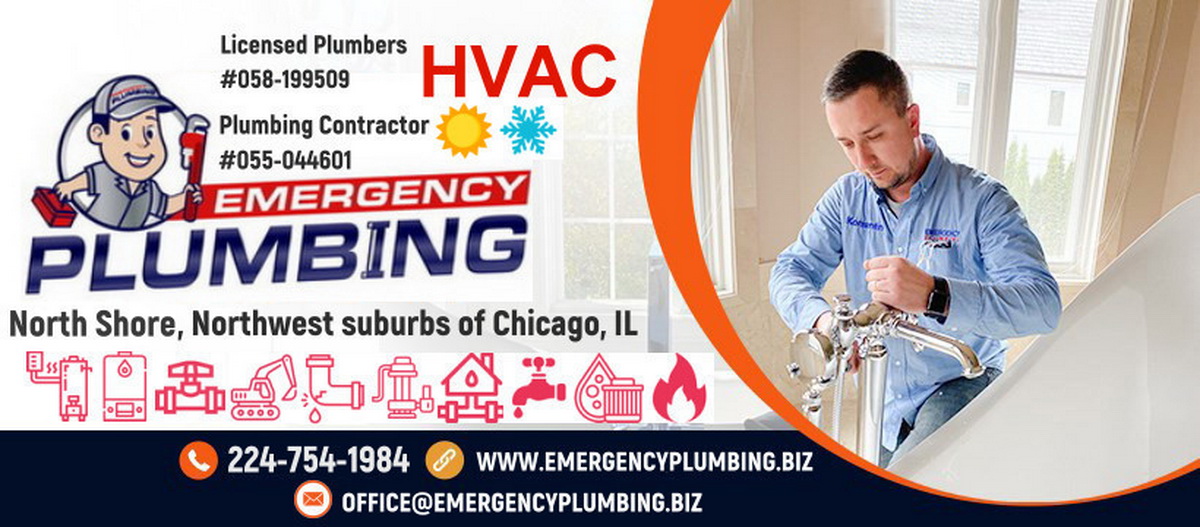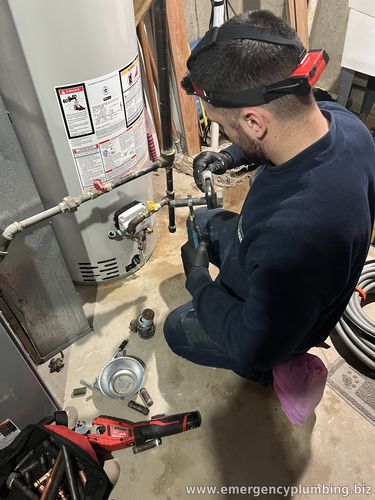What are the most common water heater problems ? |
Here is a quick look at 4 most common electric and gas water heaters problems that can bring a lot of inconvenience to you including dirty dishes and cloth not washed properly and cold showers, that can be very disturbing. But fortunately, a lot of water heaters failures can be diagnosed and fixed by yourself or your professional local plumber from Smart Housing Systems Inc. DBA Emergency plumbing.
1. Water heater has a foul odor
Hot water can develop a foul odor due to the presence of bacteria, minerals, or organic matter in the water. When heated, these substances can release gases or compounds that produce the unpleasant smell.
To combat hot water with a foul odor, flushing the heater is crucial. Regular flushing, ideally once a year, helps remove sediment, minerals, and bacteria buildup, preventing unpleasant odors. It's an effective way to maintain water quality and prevent bacterial infestation, especially in stagnant water.
2. Water heater doesn't produce hot water
When your water heater isn't heating water, several issues could be at play. In electric water heaters, a power loss or a malfunctioning heating element might be the culprits. Check the breaker for any unexpected tripping and reset it if necessary. If there are no power disruptions, the heating element may need repair or replacement by a professional. For gas water heaters, ensure the pilot light is on. If it's off, relight it according to the manufacturer's instructions. In cold weather, frozen lines could prevent water heating; in such cases, thaw the lines before attempting to use hot water. If the pilot light is on, and the lines aren't frozen but the water still isn't heating, it's time to call in a professional to diagnose and address the issue, which could range from a faulty gas connection to a malfunctioning burner.
3. Water heater is too hot or not hot enough
Water temperature issues with a water heater can stem from a broken thermostat or heating element, but they can also be due to incorrect settings. While the factory temperature is typically set to 120 degrees Fahrenheit, this may not suit everyone's needs. If your water is too cold, adjusting the thermostat to 140 degrees and waiting about an hour before retesting can help. If the issue persists, there might be a problem with the thermostat or heating element. Conversely, if the water is too hot, lowering the thermostat temperature is advisable. If the temperature remains unchanged, professional assistance by Emergency Plumbing technician is needed to diagnose and resolve the problem effectively.
4. Water heater is leaking from the top or the bottom
A leaking water heater can result from various issues, with some of the most common causes being: 1. **Pressure valve failure**: The relief valve, also called the temperature and pressure release valve, can fail due to age, improper installation, or loosening. If the valve is faulty or incorrectly installed, the tank's pressure must be reduced until a functioning valve can be installed. 2. **Sediment buildup**: Sediment accumulation at the bottom of the water heater tank is a common issue. Without regular flushing, this sediment can lead to cracks in the tank's walls and floor over time. Preventive measures such as annual flushing or installing a whole-house water filtration system can help minimize sediment buildup and extend the water heater's lifespan.
Licensed professionals from Smart Housing Systems Inc. DBA Emergency Plumbing are always on duty to service all your plumbing needs with quick respond, great rates that do not compromise the quality and give you a piece of mind. Call us today ! No delay !
|


Comments
Post a Comment